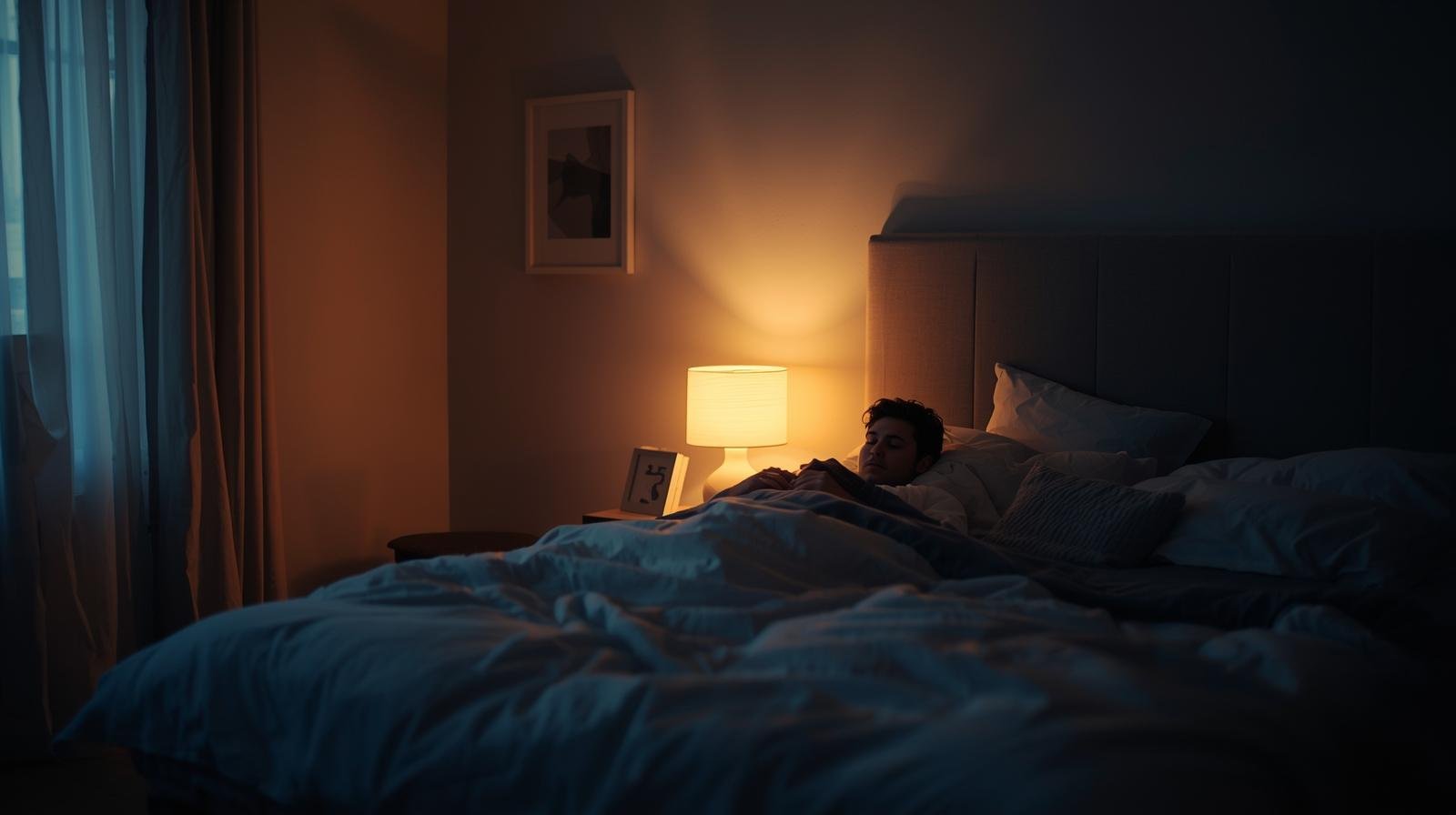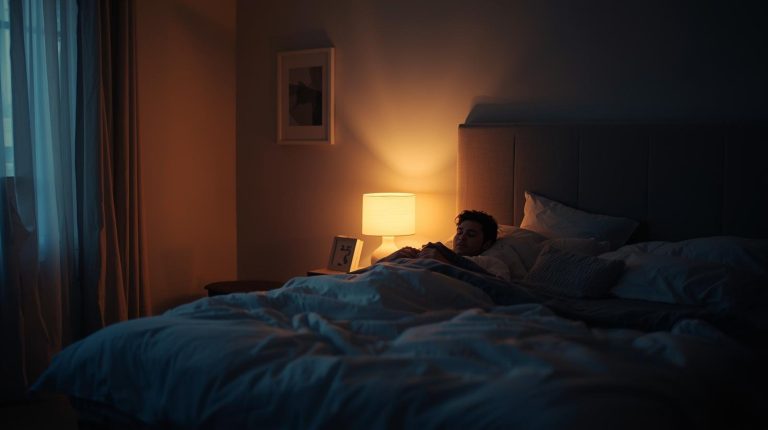Sleep plays a vital role in mental health, focus, and emotional regulation. For individuals with Attention-Deficit/Hyperactivity Disorder (ADHD), however, restful nights are often difficult to achieve. Both children and adults with ADHD may experience challenges such as difficulty falling asleep, restless nights, or waking up feeling unrefreshed. At Glowing Psychology, we understand how significantly sleep can affect day-to-day wellbeing—and how practical strategies can make a difference.
Why ADHD Affects Sleep
ADHD impacts the brain’s ability to regulate attention, impulses, and energy levels. At night, this may translate into a racing mind, difficulty winding down, or a disrupted sleep cycle. Stimulant medications, while helpful for managing symptoms, can also contribute to sleep difficulties if not timed properly. Poor sleep, in turn, can worsen ADHD symptoms, creating a cycle that feels hard to break.
Practical Tips for Better Sleep
Establish a Consistent Routine
Going to bed and waking up at the same time every day helps regulate the body’s internal clock. Predictability provides a sense of calm, especially for children.Create a Relaxing Bedtime Ritual
Reading, gentle stretches, or listening to calming music can signal to the brain that it’s time to slow down. Avoid screens an hour before bed, as blue light disrupts melatonin production.Limit Caffeine and Stimulants
For adults with ADHD, reducing caffeine intake after midday can prevent overstimulation in the evening. For children, monitor hidden sources like chocolate or soft drinks.Design a Sleep-Friendly Environment
Keep the bedroom cool, quiet, and dark. Weighted blankets or white-noise machines may also help some individuals feel more settled.Mind the Medication Schedule
If sleep disturbances persist, consult with a healthcare professional about adjusting medication timing or dosage.
The Role of Professional Support
Sometimes, despite best efforts, sleep difficulties remain persistent. This is where assessments and professional guidance can help. At Glowing Psychology, our team works closely with individuals and families to understand ADHD’s impact holistically, including sleep challenges. We provide strategies tailored to each person’s needs, ensuring that sleep—and overall wellbeing—can improve.
Final Thoughts
Quality sleep is not a luxury; it is essential for thriving with ADHD. By building healthy routines, creating the right environment, and seeking professional support when needed, individuals can move closer to restful nights and brighter days. At Glowing Psychology, we are here to help every step of the way.




